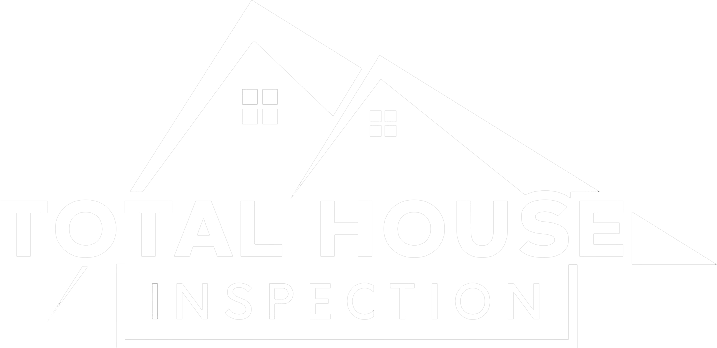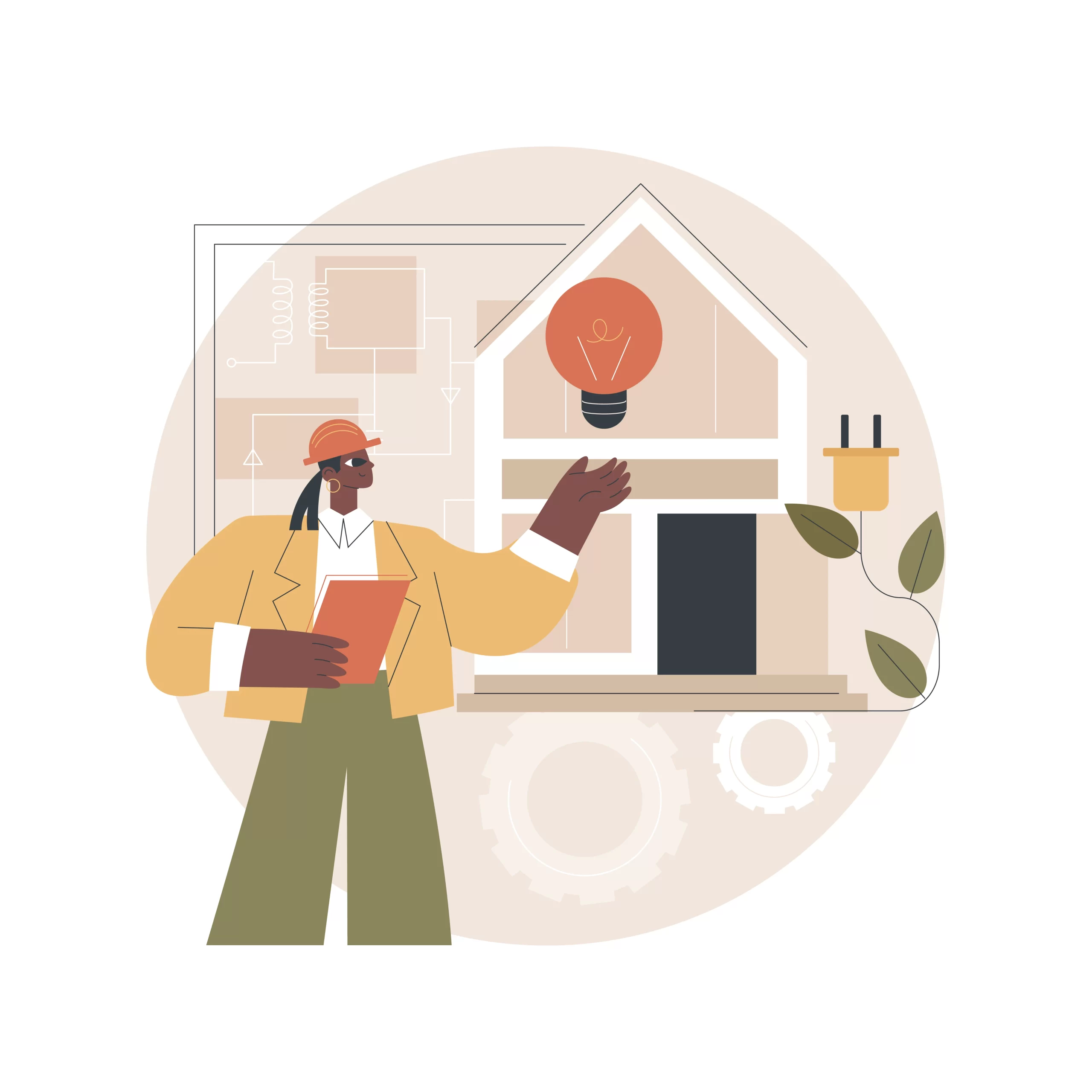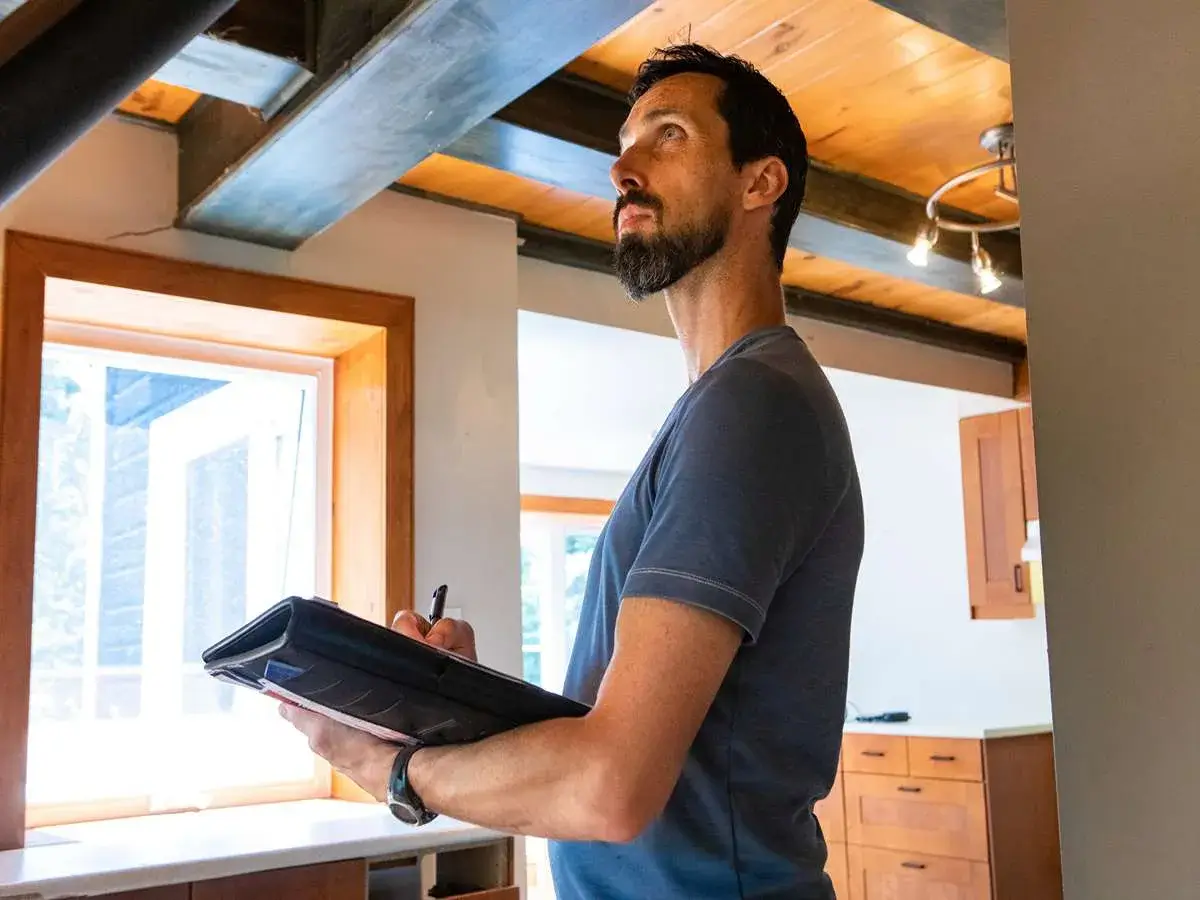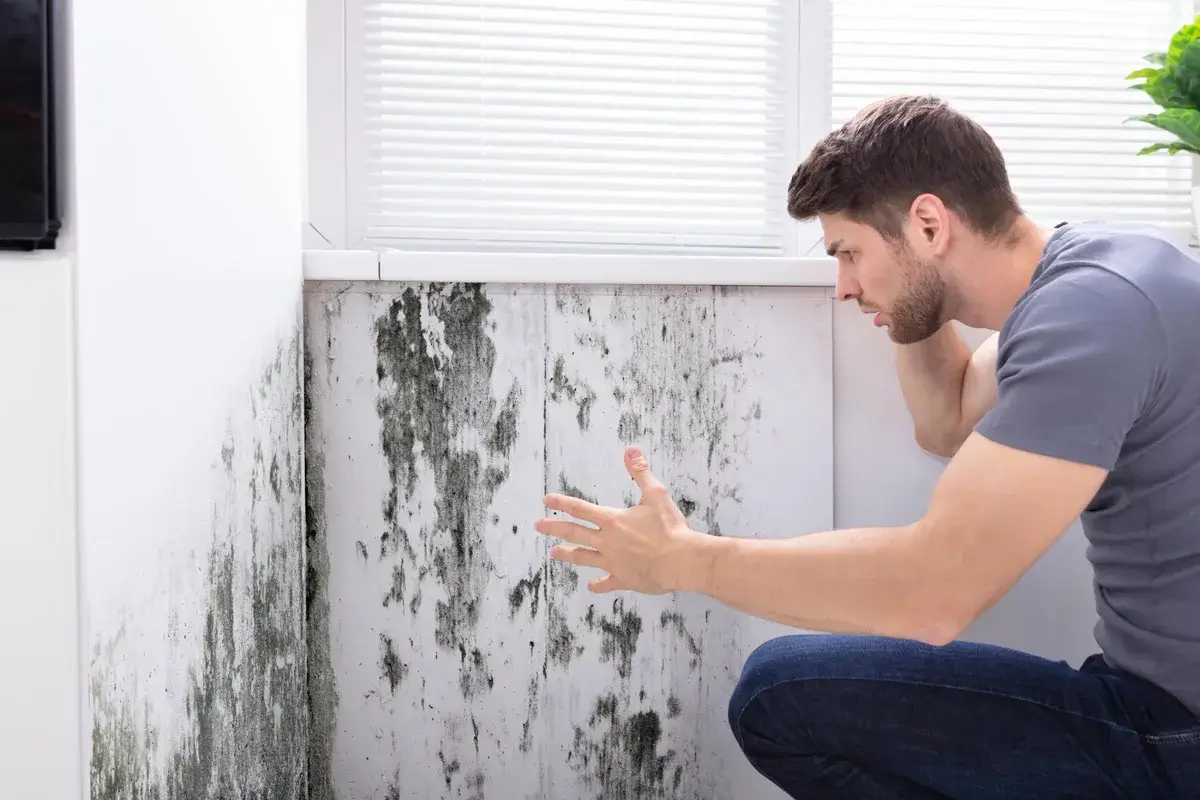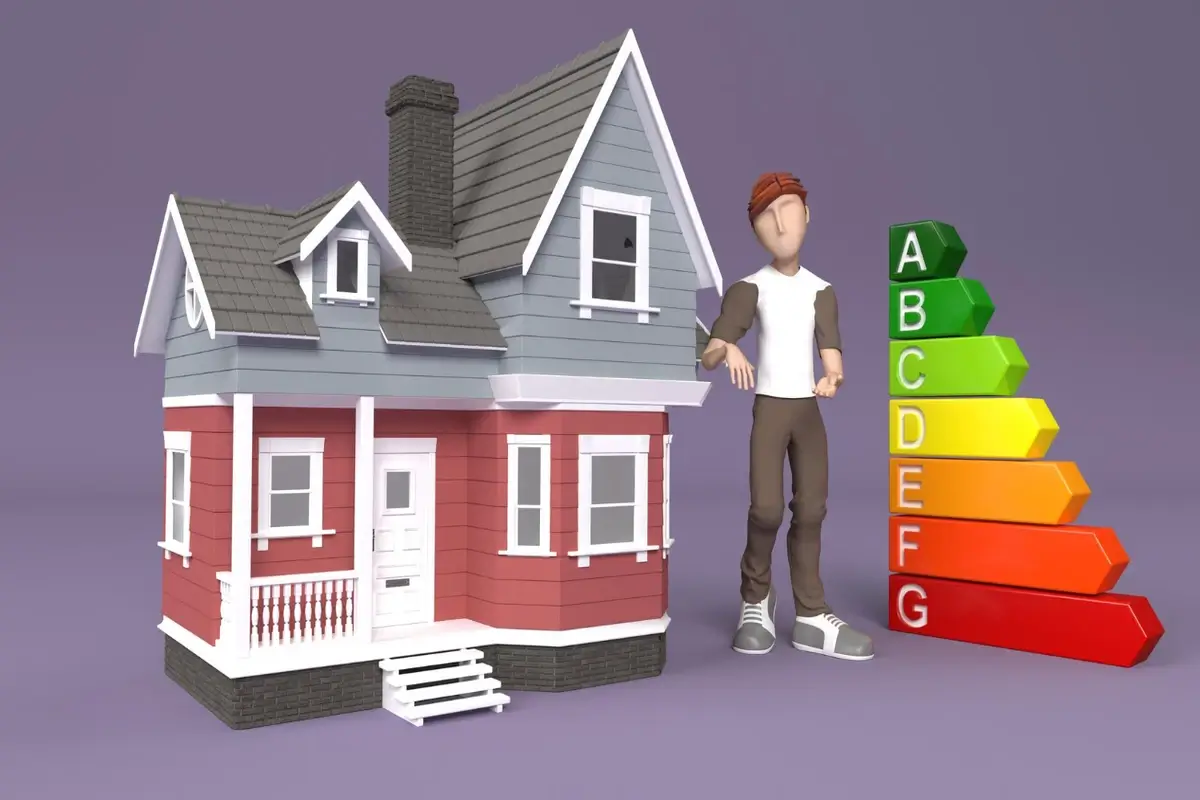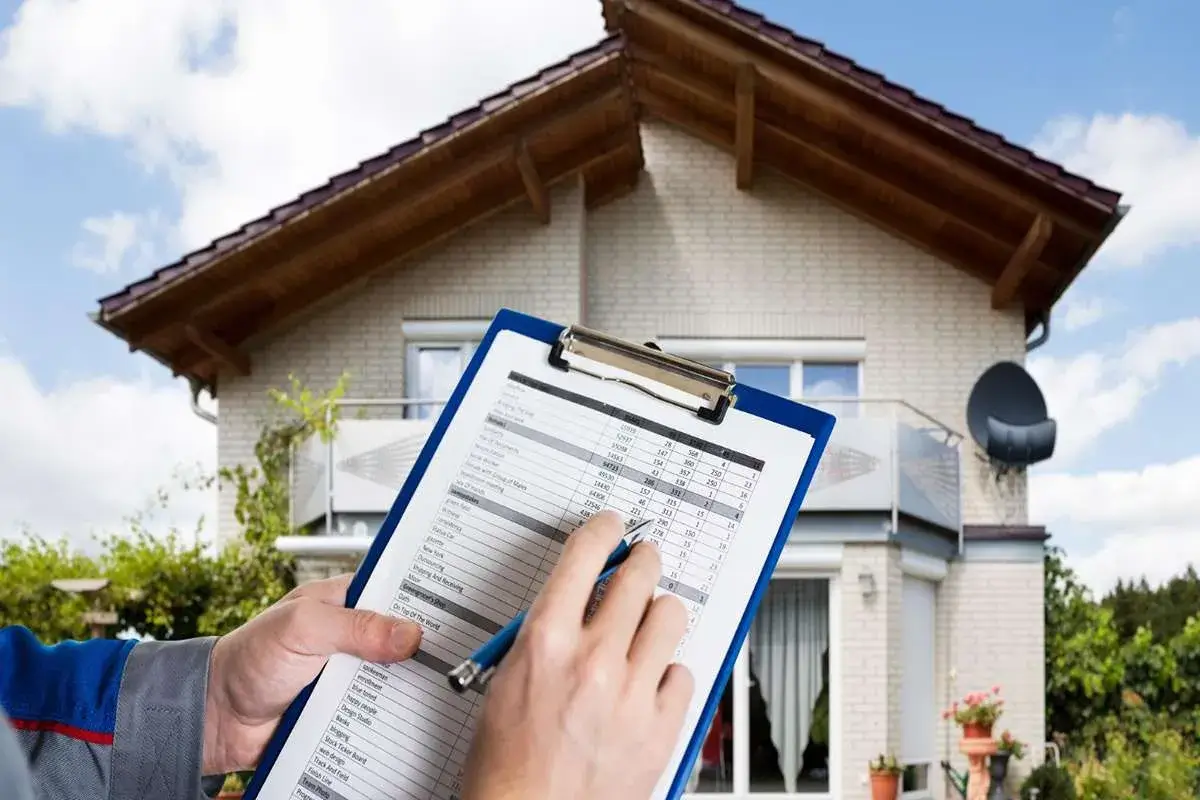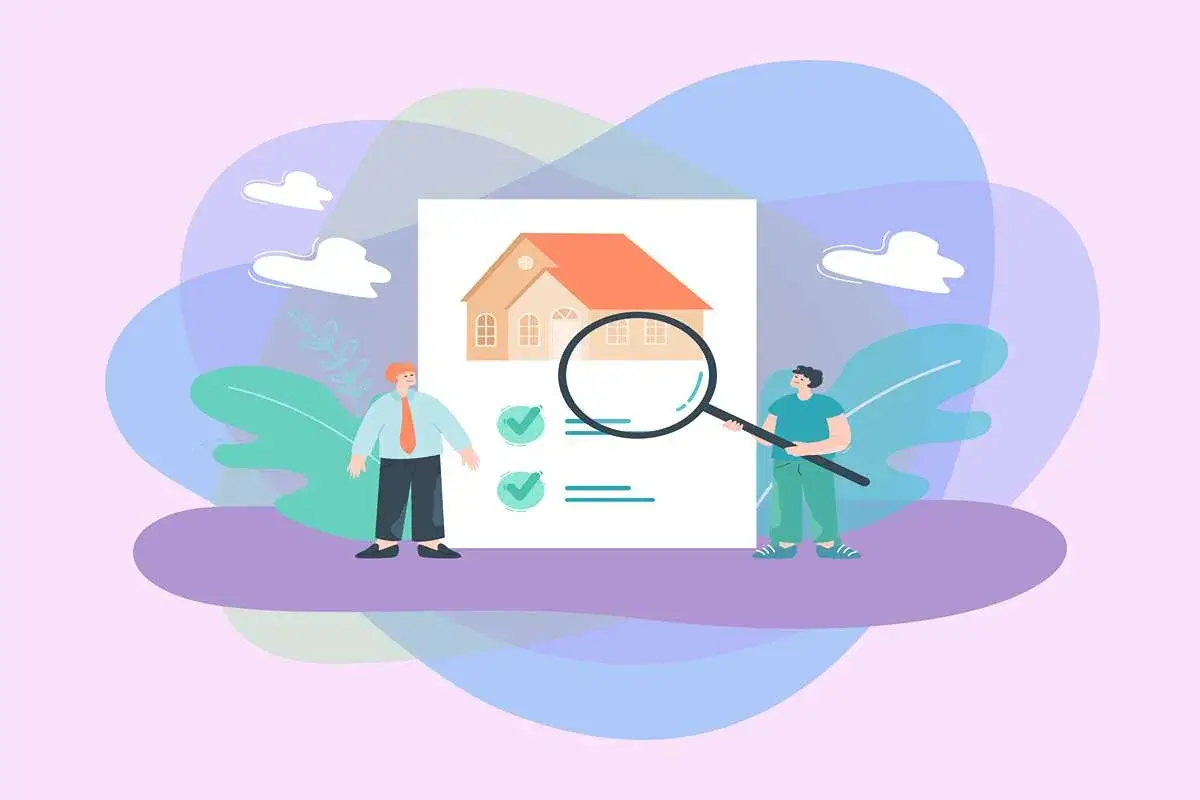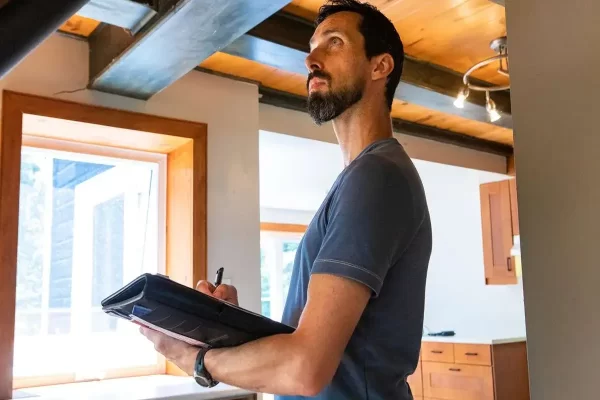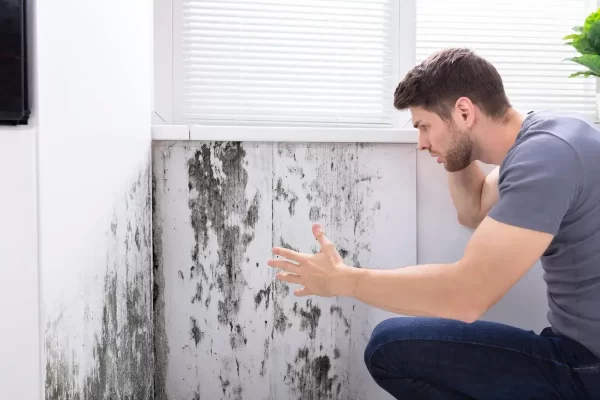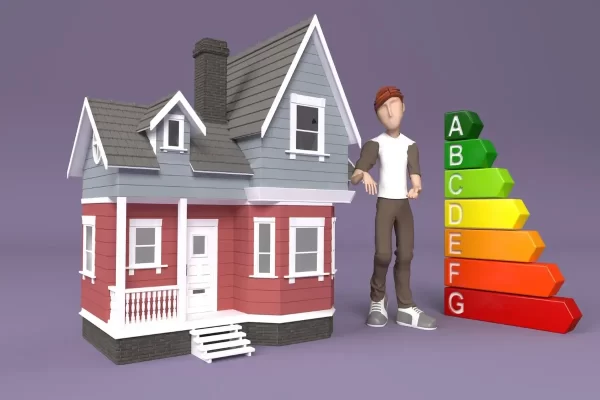When it comes to shifting to a new place, the first concern for buyers is their family’s safety. Before making a deal on a home, make sure it’s safe to live in. This is where home inspections help you. A home inspection looks for all safety issues at home. That might not be catchable at first sight. These inspections not only save your investment from burning into unworthy property. But also prevent any structural failures.
The professional inspectors will assess your property for various home safety issues. These common issues can affect your health or even put someone’s life at risk.
This may include things like exposed wiring, faulty railings, cracked foundations, electrical hazards, poor grading, outdated systems, and more. They use specialized tools to find defects that may be hidden. And, of course, their keen eye for detail also helps in their work.
Total House Inspection brings you this blog to identify the top 7 home safety issues. We will discuss how these safety issues are of concern to you. We will also touch upon the benefits of home inspection services for home safety.
So, let’s get started with
Home Safety Issues Found During Inspections
Not knowing a problem exists can save you temporary stress. But not for a longer time. You’ll eventually have to face the drawbacks of various security pitfalls. On the other hand, when you know the issues of a home before buying. You can demand repairs, negotiate prices, or simply back off from the deal.
With a professional home inspection, you’ll be able to reveal those home safety issues beforehand. Here are some common safety issues at home that you must bring to light.
Poor Grading and Drainage
Proper grading and drainage around the home are important to prevent water pooling. Water may collect on the roof or foundation. If water pools near the home, it can leak into the basement, crawlspace, or attics. This can cause moisture or mold growth. And lead to the foundational and even structural issues over time.
Inspectors will check that the ground slopes away from the home’s perimeter. And that downspout directs water away from the foundation. They will also suggest solutions, including re-grading dirt or installing drainage systems.
Wiring Problems
Faulty electrical wiring is a major hazard. Inspectors will check for exposed wires, overloaded circuits, improper wire gauges, ungrounded outlets, and other code violations. To identify these issues, you can reach out to a licensed electrician and address them timely. If you choose to rewire your older home, you can greatly improve its safety.
Old or Damaged Roofing
Roof problems should be straight NO when you’re looking into a property to buy. The older or damaged roofing can put your safety at stake. There could be several safety issues due to poor roofing, including cracked shingles, poor flashing, water leaks, or damaged roofs.
If your home’s roof is subject to water damage, it will not only damage the whole home’s structure but can also provide favorable conditions for mold to grow. Inspectors will thoroughly examine the roof’s condition and note any sagging areas.
Malfunctioning or Outdated Heating
Heating issues can lead to severe safety concerns and can even be life-threatening. This may include carbon monoxide leaks or fire hazards. The home inspectors will test your property for any outdated or malfunctioned heating systems.
They will test those furnaces, boilers, fireplaces, chimneys, and other heating systems. These components are assessed for proper function, ventilation, and safety features. If you try upgrading to modern heating systems, the energy efficiency will also improve.
Inadequate Ventilation
Your home’s interior can be the breeding ground for various other issues. There could be a massive buildup of moisture, odors, and hazardous gases. But when your home is adequately ventilated, you can put a stop to these problems.
The inspectors will check your place for good airflow and proper ventilation. They will assess areas including attics, crawlspaces, kitchens, bathrooms, and more. They’ll suggest installing roof turbines or bathroom fans. Or updating the HVAC systems for improved air flow.
Plumbing Problems
Minor or significant plumbing issues can destroy a home’s integrity. This will eventually cause home safety issues. These plumbing problems include leaks, bursting of pipes, imbalanced water pressures, and more.
The plumbing inspectors will look for poor pipe condition, signs of current or past leaks, and any water damage. Catching these minor leaks can prevent major damage. If your pipes are way older, you might need to replace them.
Structural Issues
Major foundation problems can render a home unsafe. That’s where inspections come in. The inspectors will look at your property for any and all structural issues. They will highlight any large cracks in walls or foundations. They’ll also identify any shifting, like sticking doors.
Moreover, when looking for structural issues, they’ll also assess the place for settlement issues. Based on their findings, they’ll suggest any required foundation repairs.
Benefits Of Home Inspections For Safety
Home inspections prioritize checking for home safety issues that could risk the homeowners’ safety. Conducting a home inspection early on can literally be a lifesaver. This small upfront investment helps you rest assured that your new home is safe for your family.
By identifying any safety issues ahead of time, you can take steps to correct them before your move-in day. Here are some of the benefits of a home inspection when it comes to highlighting safety issues at home:
Identify Safety Hazards
A thorough home inspector will check all areas of your home. They will look for any potential safety hazards. For instance, exposed wires, damaged stairs, faulty railings, broken windows, and more. Based on the results of your home inspection report, you can fix these hazards before shifting in. This will prevent all possible injuries.
Fire Safety Assessment
The inspectors will assess the home for any fire hazards. This may include faulty electrical systems and outlets, inadequate smoke detectors, improper storage of flammables, and outdated heating systems. You can reduce any potential fire dangers by knowing their risks early on.
Prevent Structural Issues
The home inspector will thoroughly check your property to prevent any structural issues. This includes any signs of shifting foundations, improper structural supports, sinking floors, and large cracks. These are the problems that indicate underlying structural problems. Catching minor problems early will also prevent major failures down the road.
Appliance Safety Check
Your professional home inspectors will also test home appliances like water heaters, furnaces, and AC units. They will assess them for safe operation and carbon monoxide leaks. If they find any faulty appliances, they report them as both a health and a fire risk.
Preventing Electrical Hazards
Electrical issues like overloading circuits, exposed wires, and improper installations can lead to fires. The inspectors will check your electrical panel and wiring for such hazards.
The Bottom Line
To sum up our discussion, home inspections are absolutely important for identifying safety issues before you purchase a home. While it may seem inconvenient or expensive, the cost is minor compared to your home and family safety.
Plus, finding issues ahead of time allows you to negotiate with the seller to have repairs made before closing. We suggest you consider getting one to reveal all hidden home safety issues. Scroll through our blog section to read more valuable content on home inspections.
